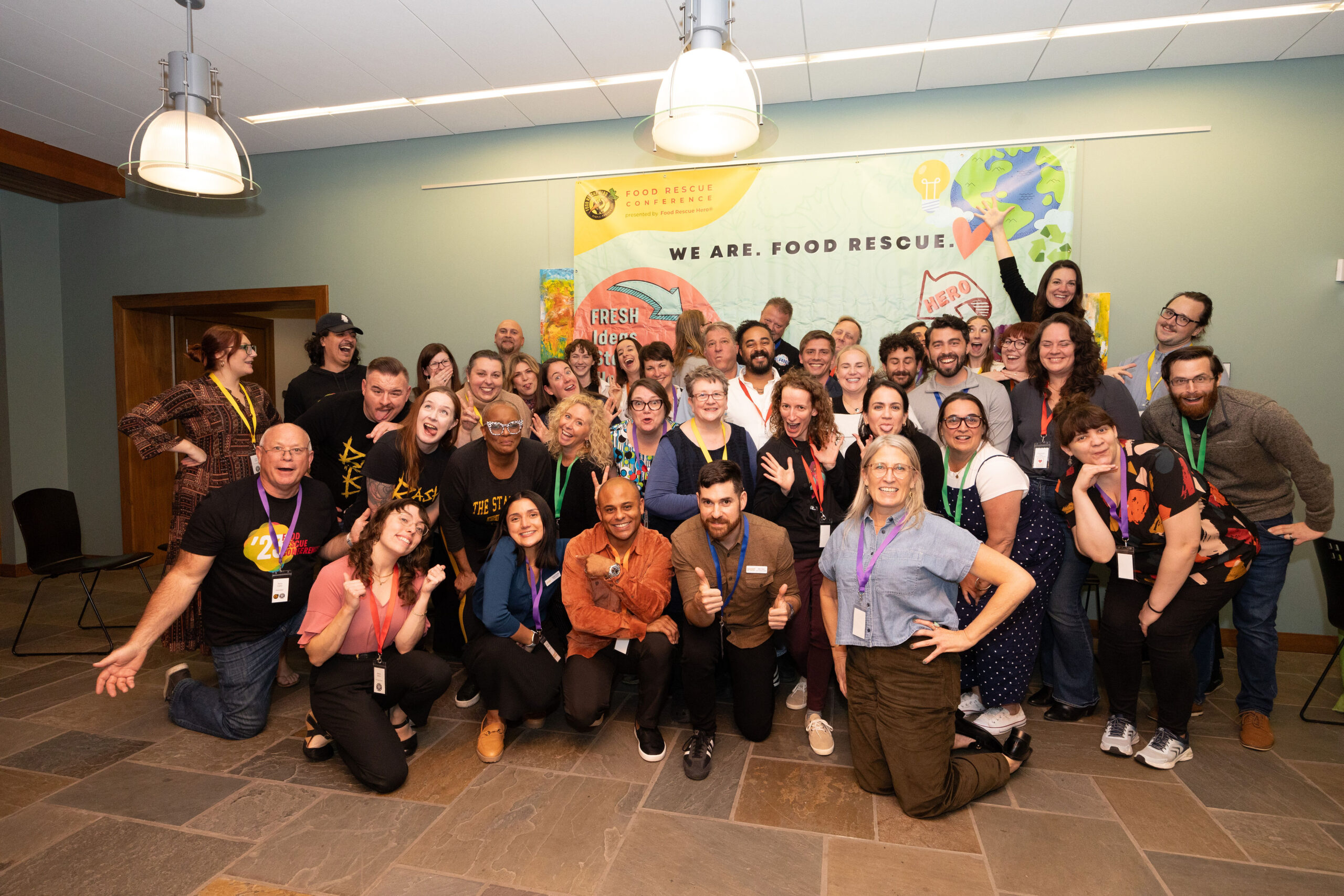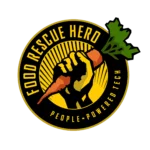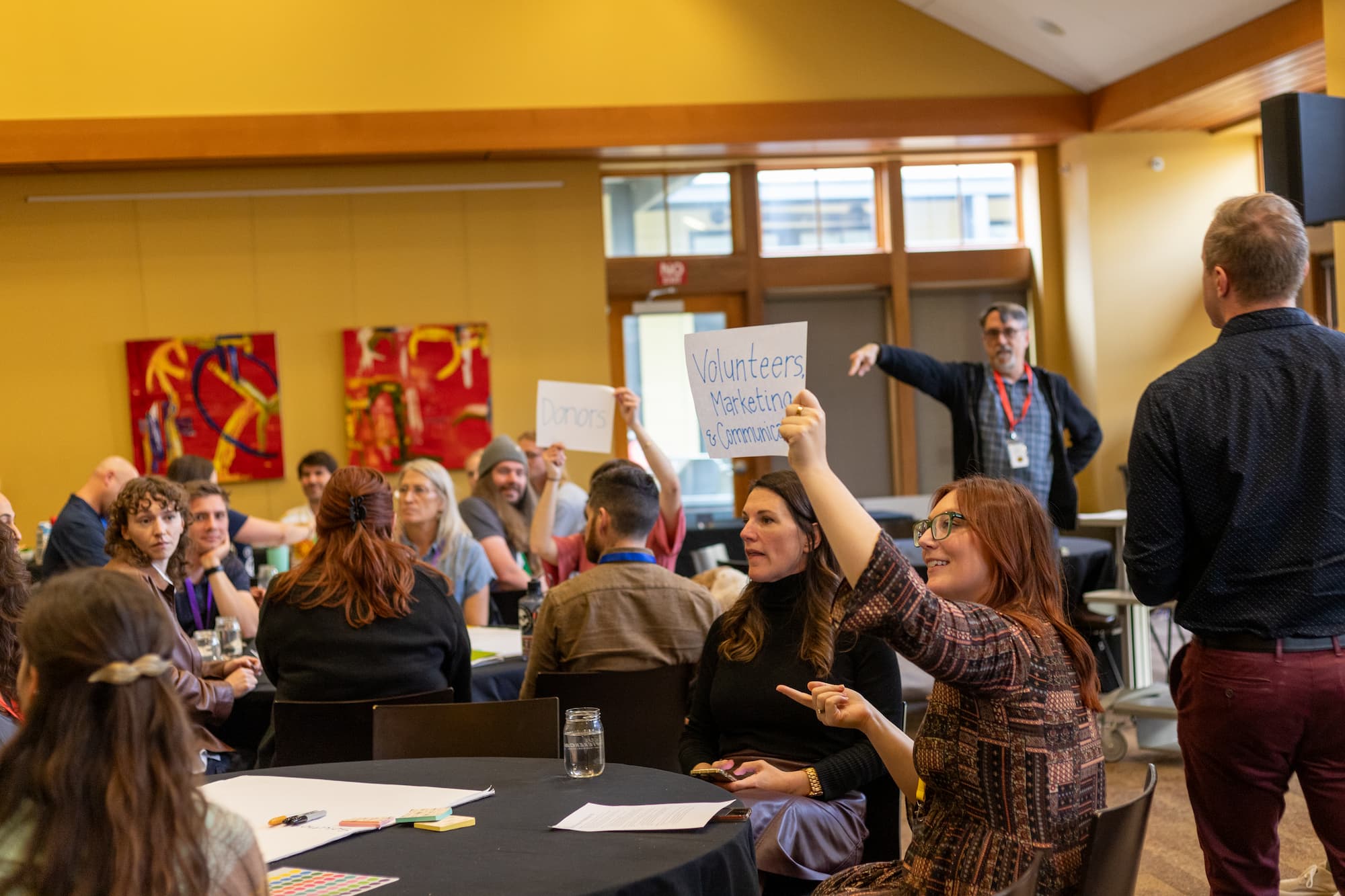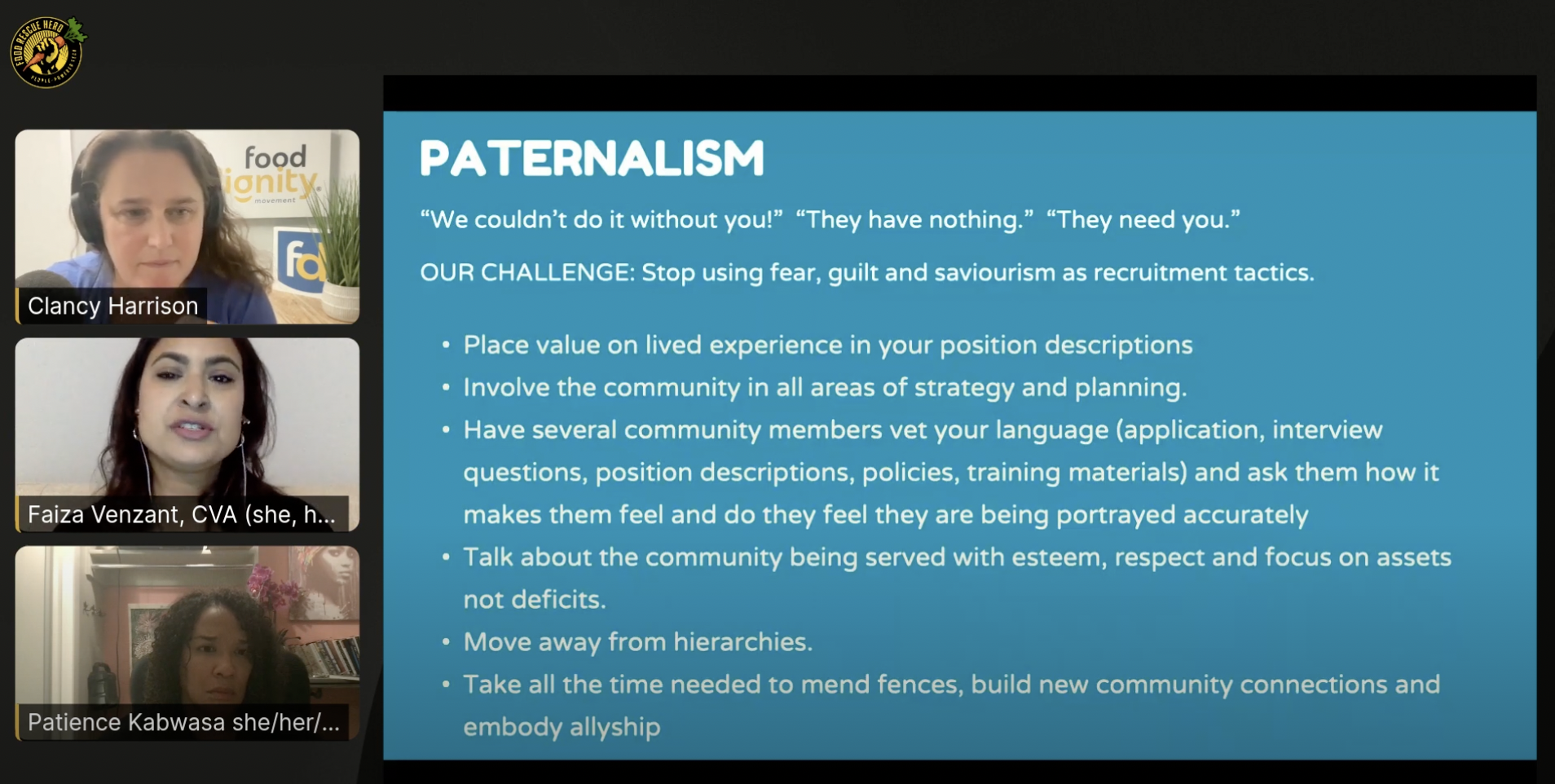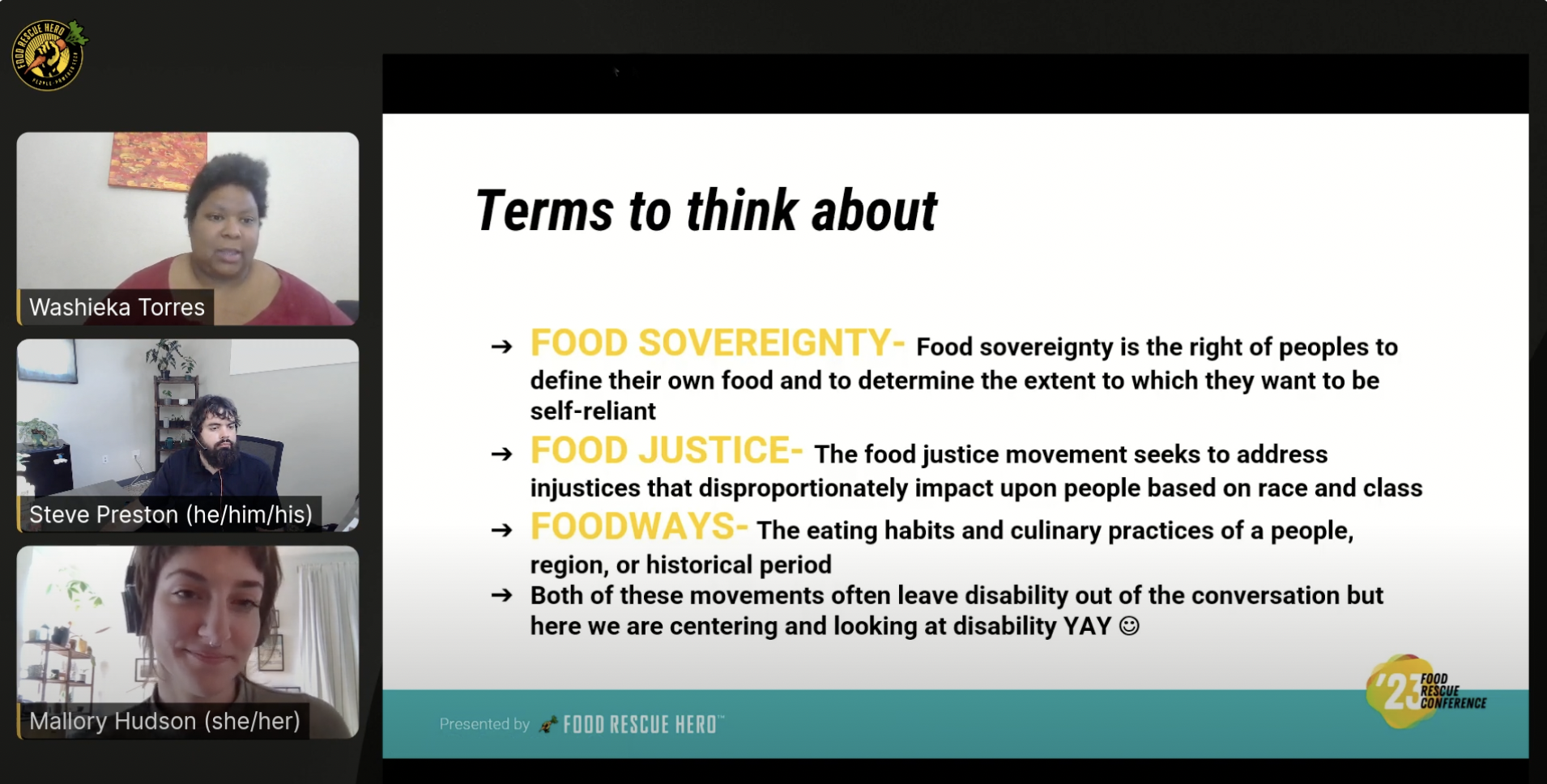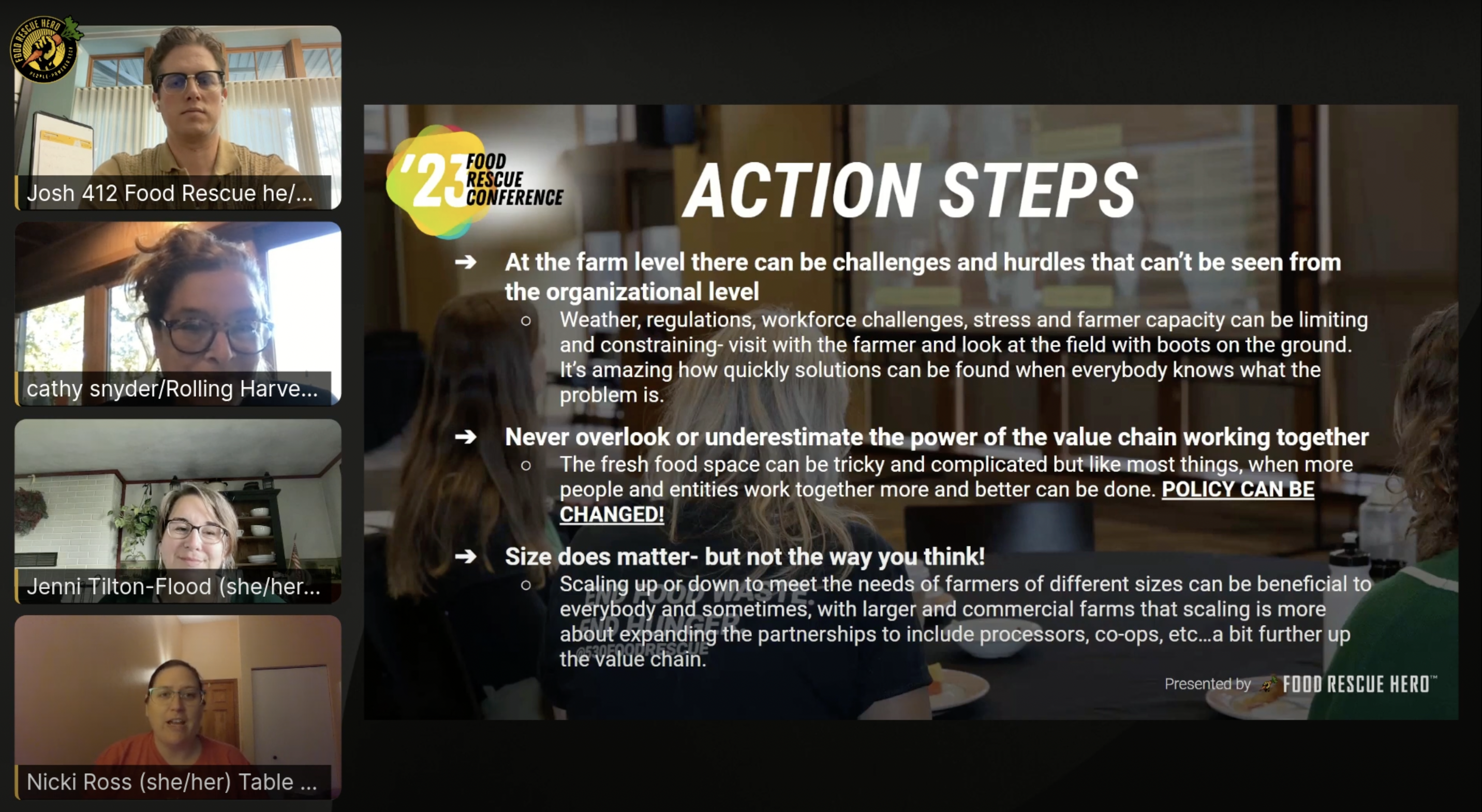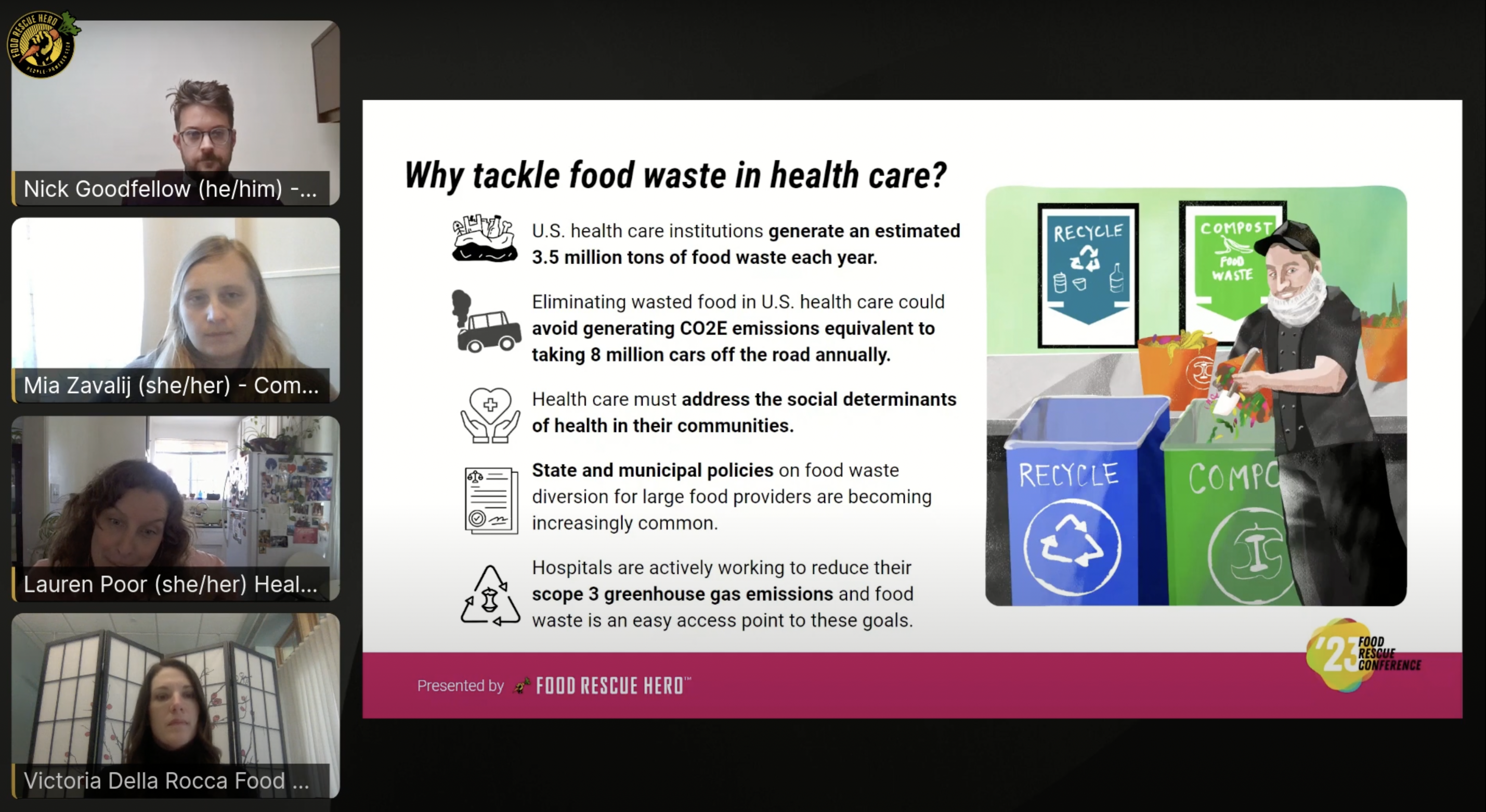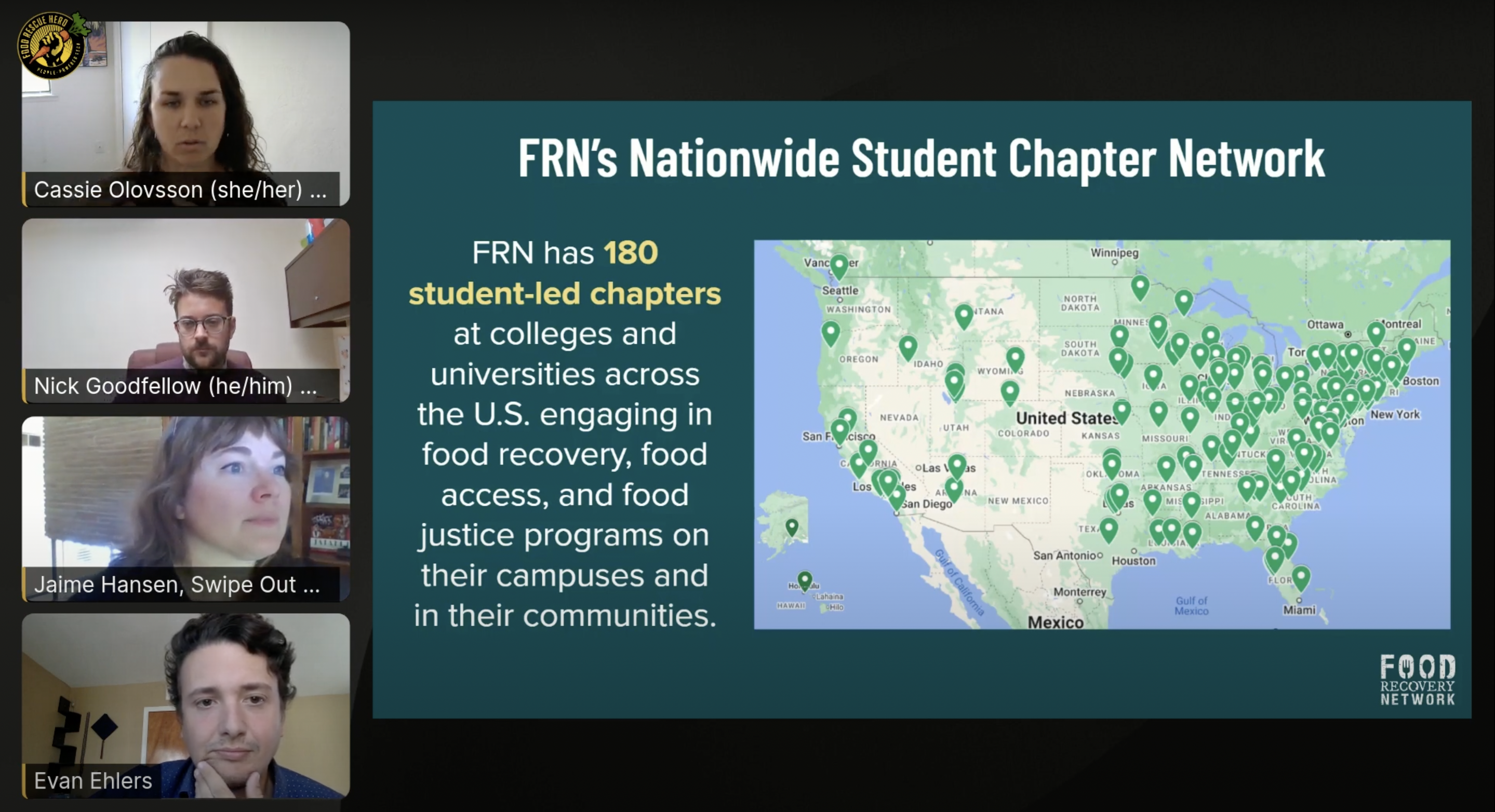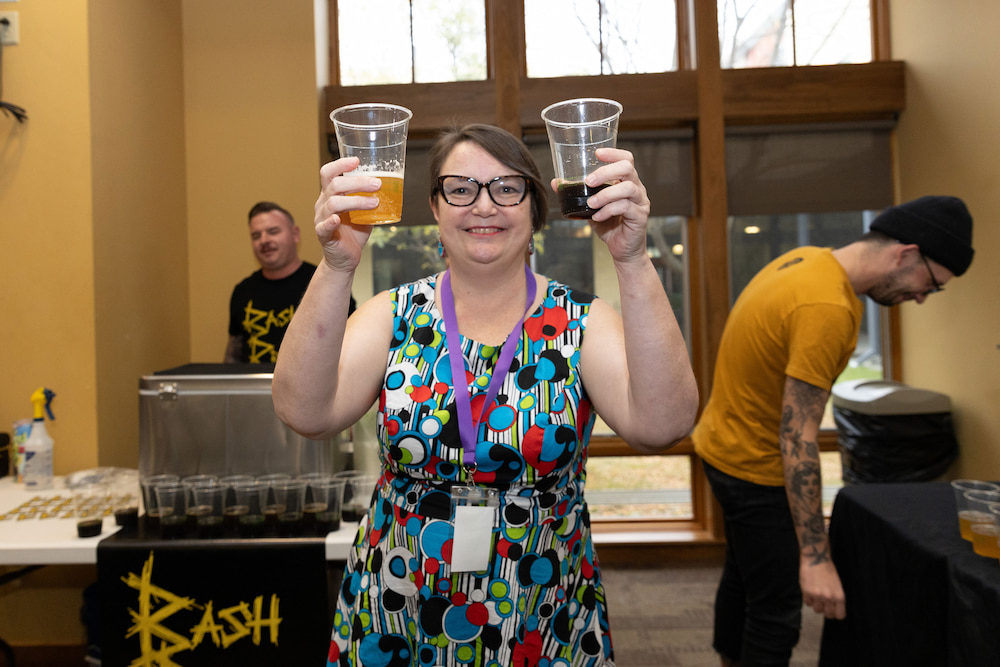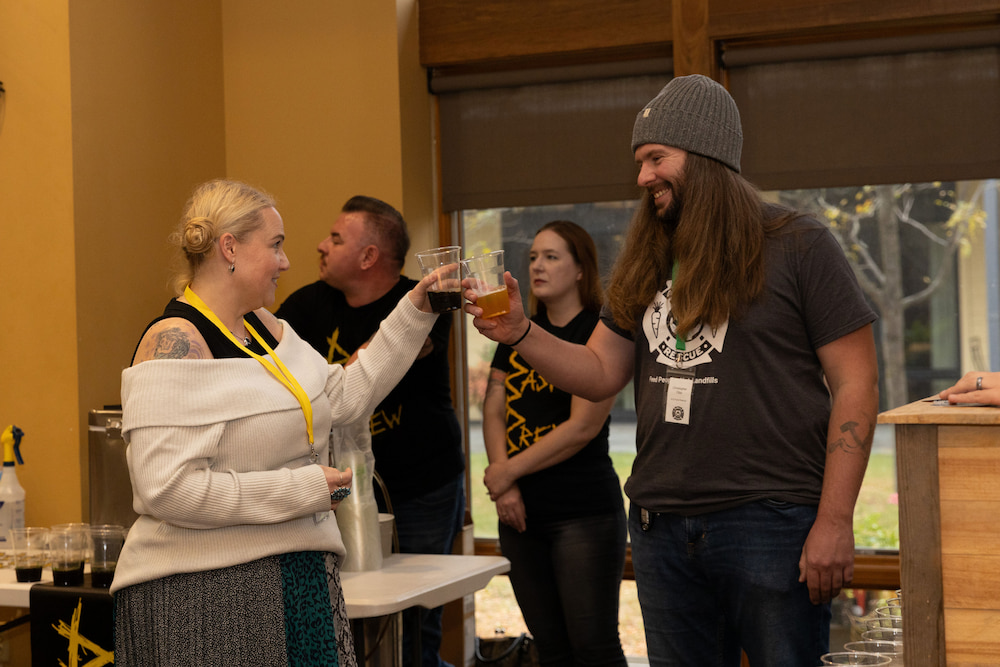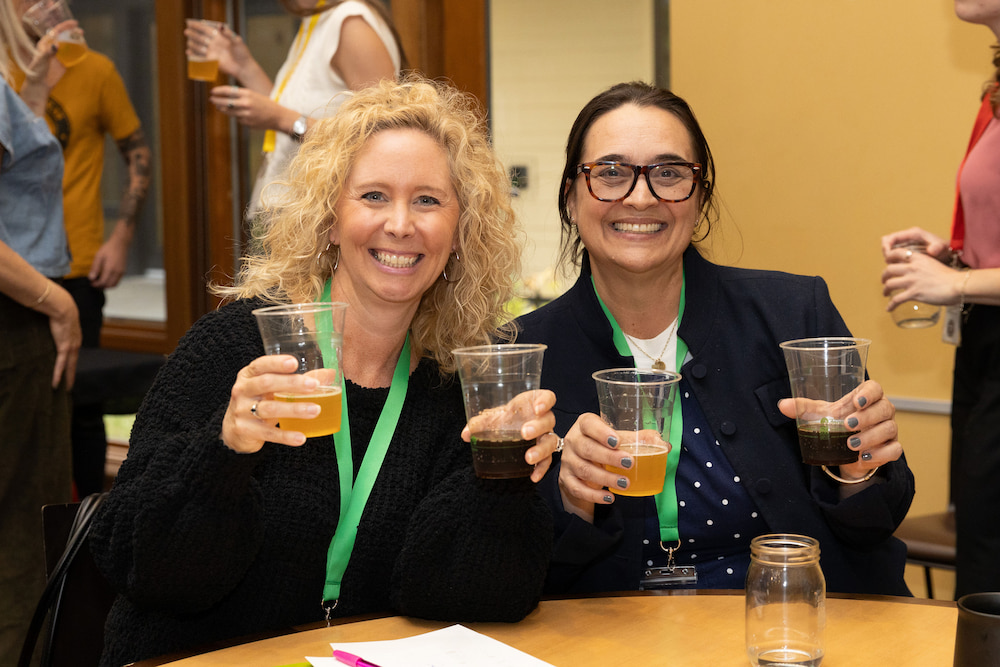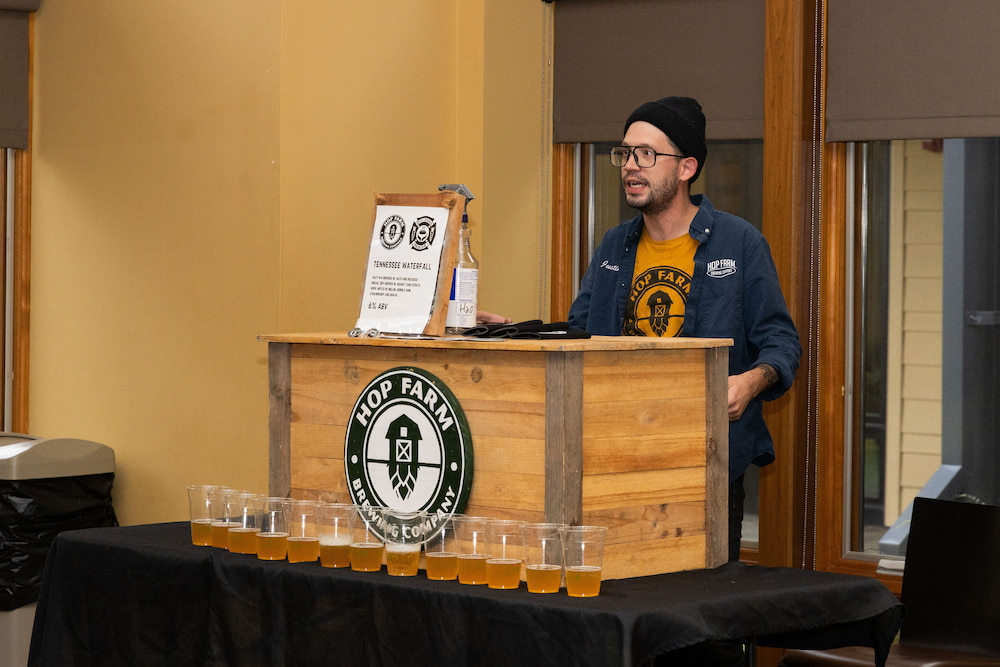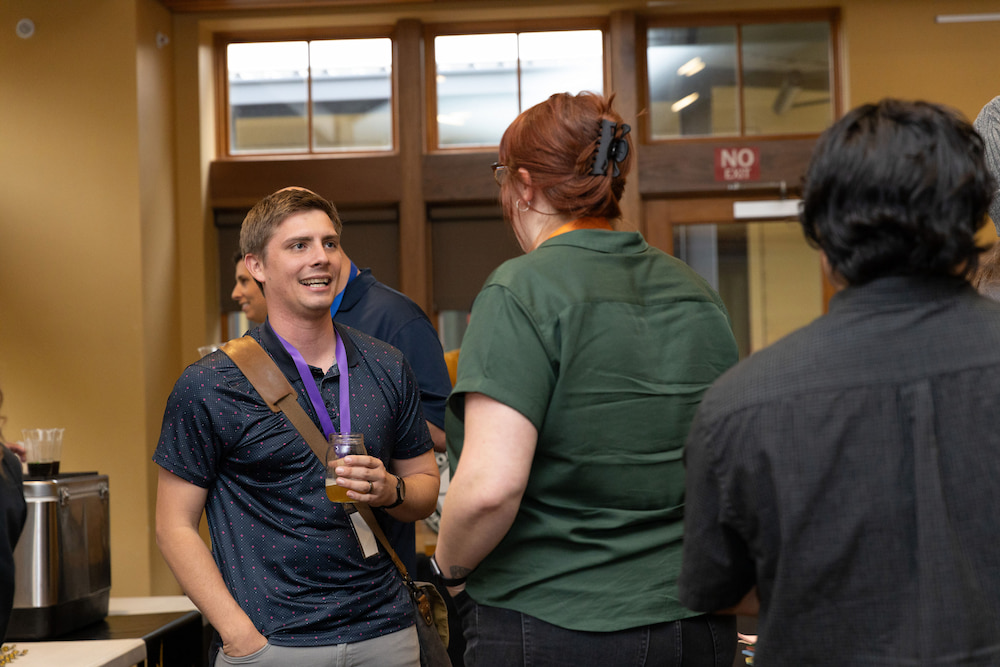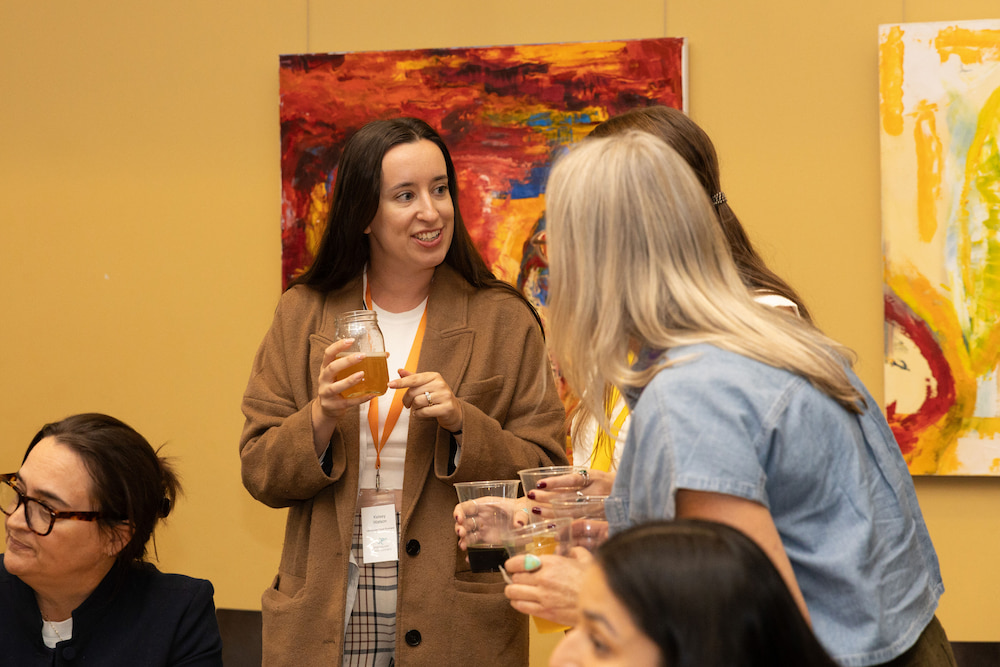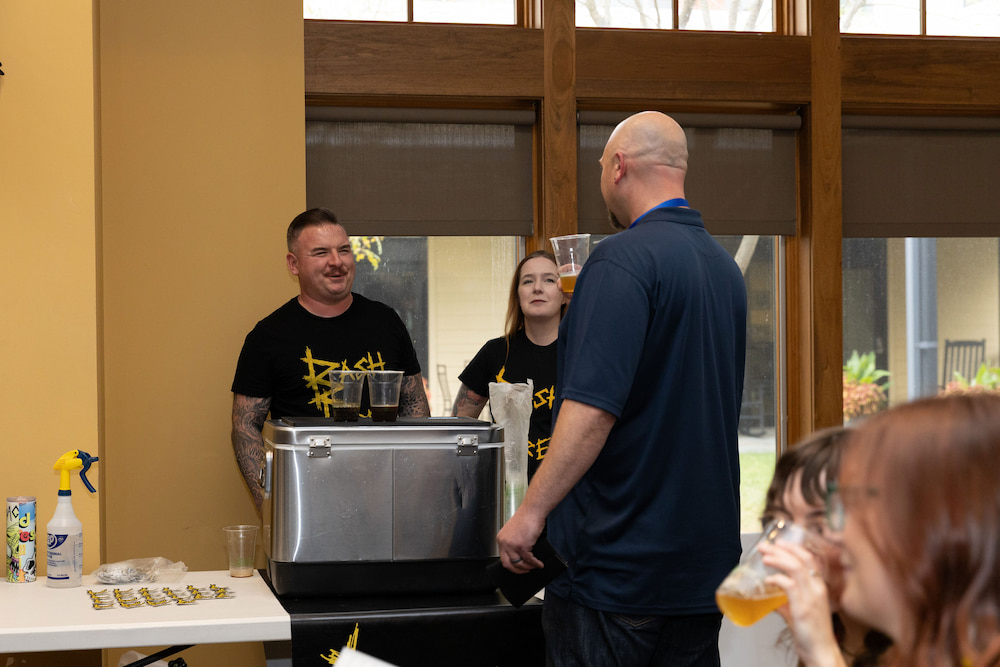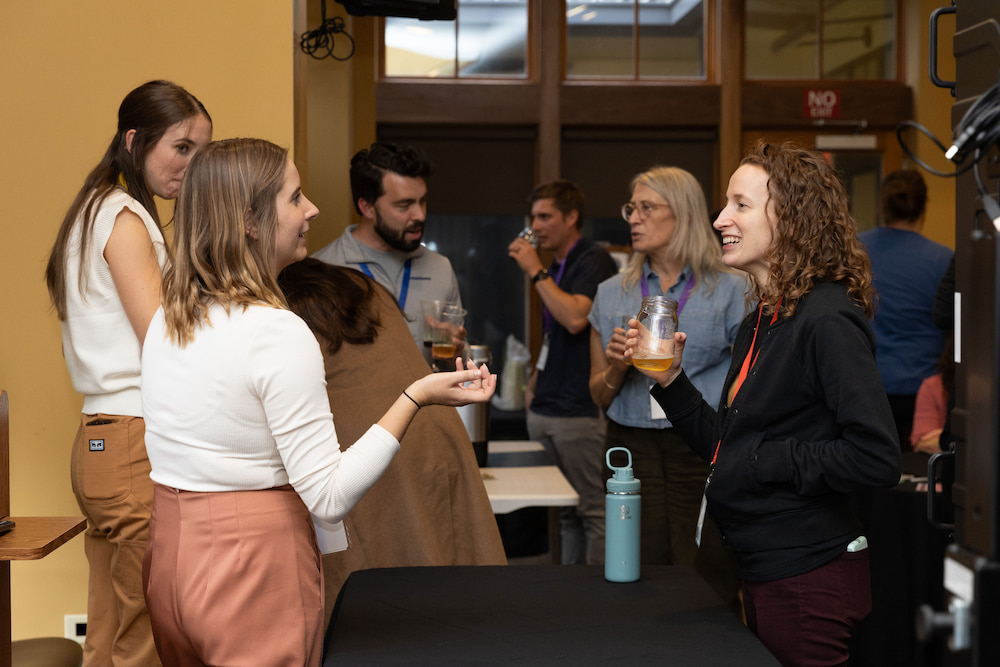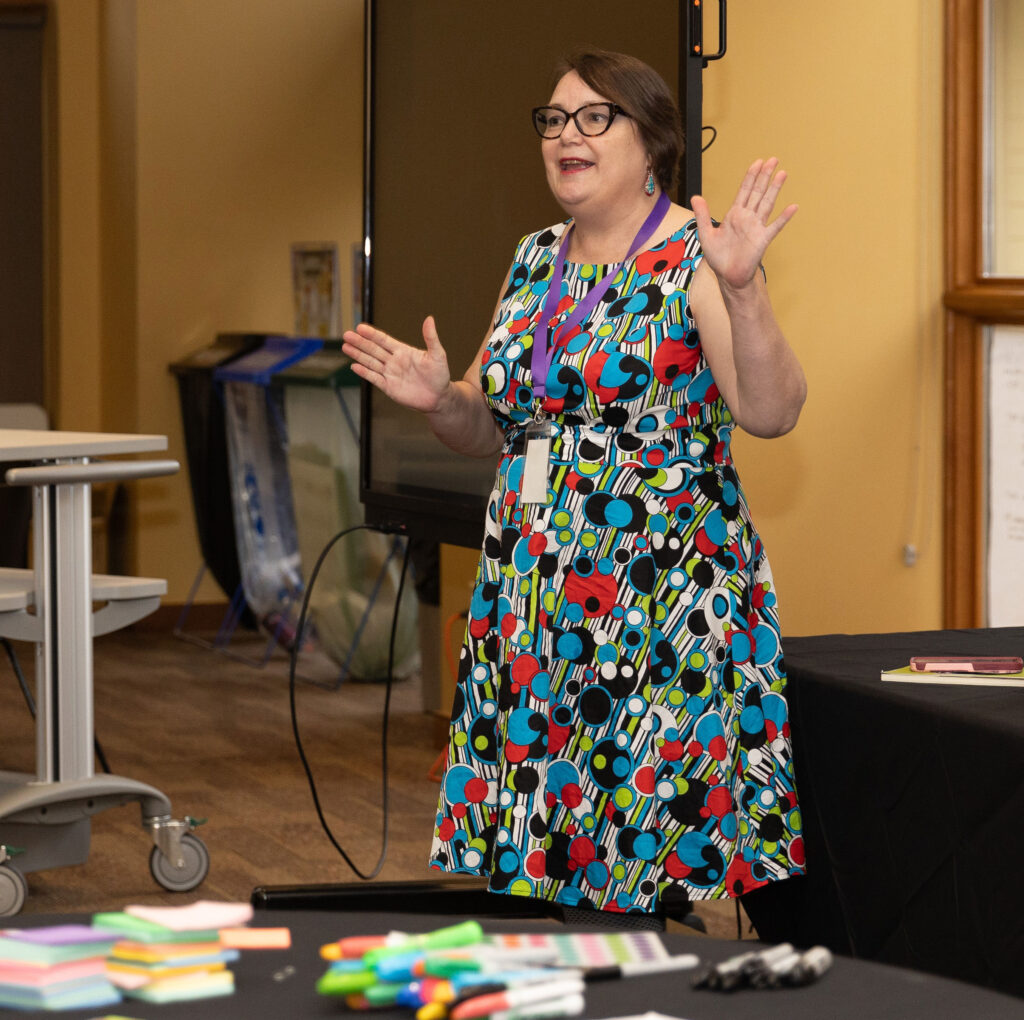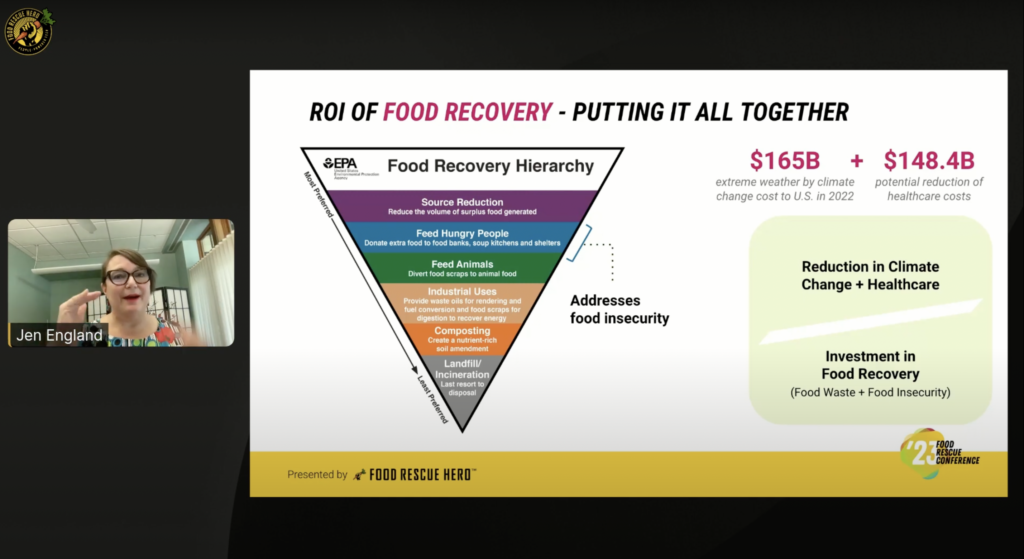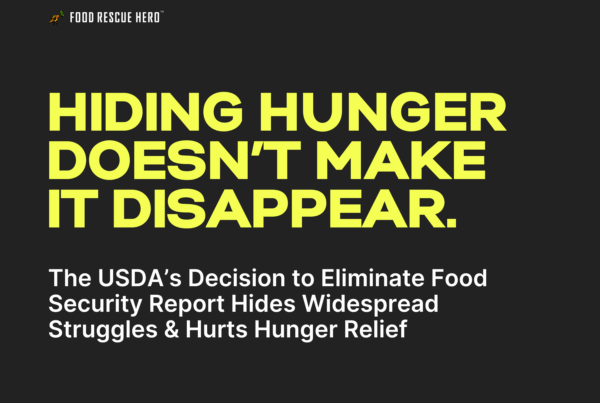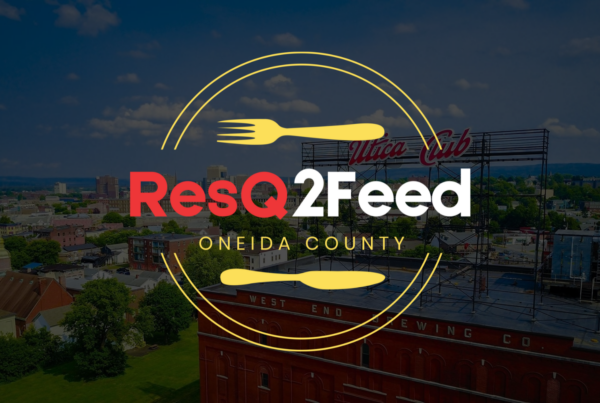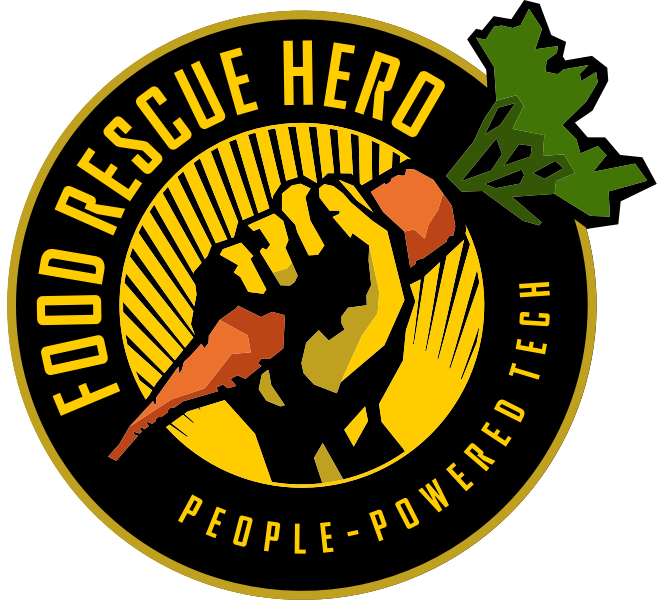What started as a networking & educational event exclusive to organizations using the Food Rescue Hero™ technology has become a global event livestreamed for all food recovery stakeholders. Presented by Food Rescue Hero, the Food Rescue Conference took place October 11-13 in Pittsburgh, with over 250 people joining in-person or virtually.
An exclusive in-person portion of the conference was hosted in Pittsburgh for all current & future Food Rescue Hero Network partners, where representatives from almost all Network partners presented topical breakout sessions to dig deep into the struggles & solutions experienced within the food recovery space. Full group collaboration sessions led by Food Rescue Hero staff helped create engaging conversation around the technology platform, training, and utilizing the Network for everyone’s advancement. The conference was a good reminder of the real power of the Network – collaboration, community building, inspiration, and problem-solving together.
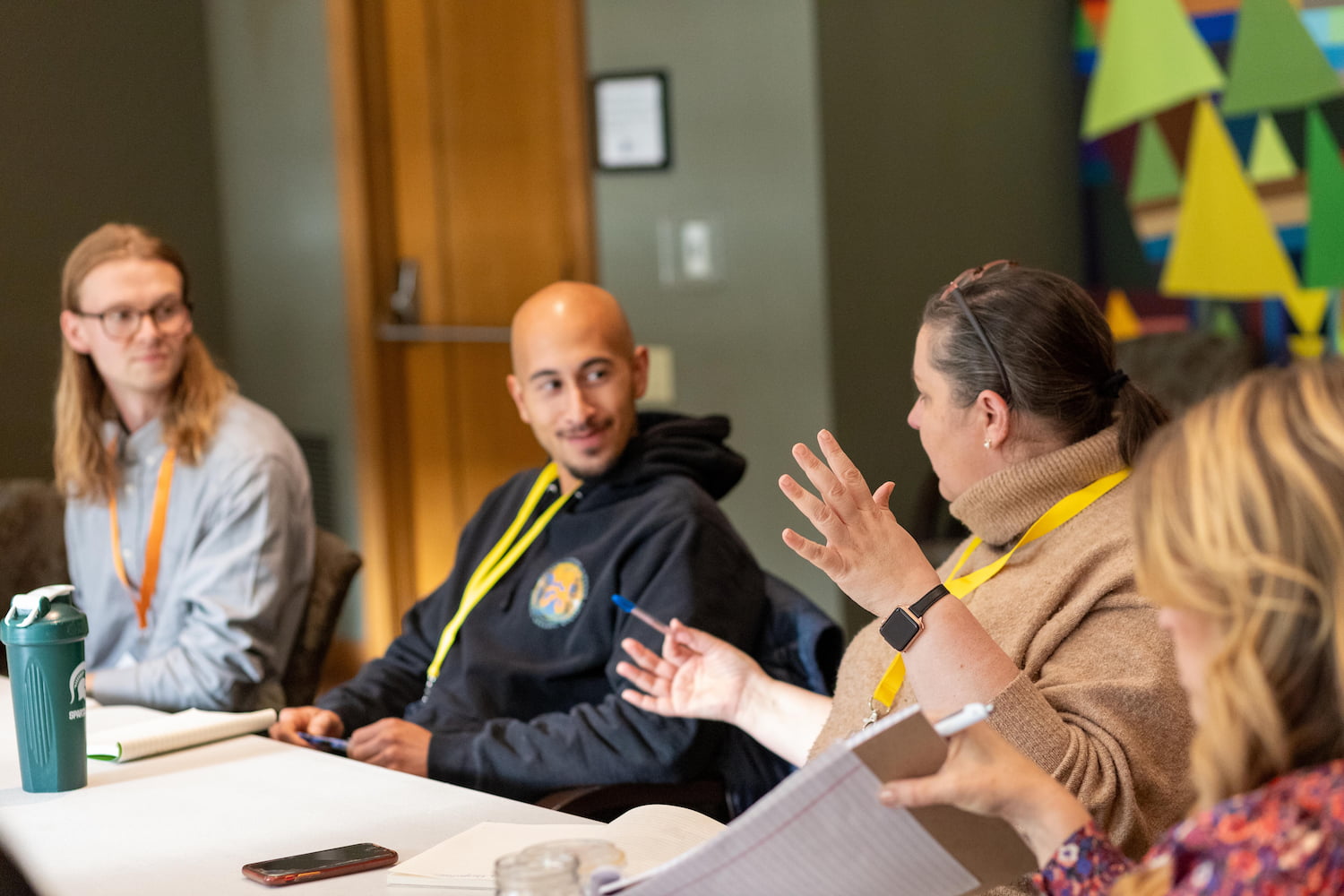
Across virtual sessions, virtual lobby conversations, in-person breakout sessions, and interactions between attendees, a few themes emerged throughout the course of the event – the need for expanded food assistance to be diverse, equitable, inclusive, and just for all communities; leveraging unique partnership to procure and distribute food; and how collaboration is more important and impactful than competition within the food waste and nonprofit space.
Diversity, Equity, Inclusion and Justice Within Food Recovery
Centuries of narrative around charity creates a divide between those who help and those who need help.This reinforces disparity, creates undignified access to food and erases the fact that there is no divide between helpers and those that need help.
In a session hosted by Clancy Harrison, RDN, FAND of The Food Dignity Movement, speakers Vanessa Mukhebi from ReFED, Patience Kabwasa from Food to Power, and Faiza Venzant from Council for Certification in Volunteer Administration discussed how to avoid falling into the trap of “othering” communities served through food recovery and reinforcing demeaning stereotypes.
When considering growth of any initiative, including increased food access, economies of scale often means using a sledgehammer as a solution–but for communities facing extra challenges, that sledgehammer needs to be swapped for a scalpel.
The second day of the conference offered a session focused specifically on marginalized groups that are often invisible within the larger category of those facing food insecurity: the disability community and LGBTQ community. Washieka Torres, Ph.D. student at University of Illinois Chicago, Steve Preston of Share Food Program, and Mallory Hudson from Community Living & Support Services shared their strategies when serving these specific populations in ensuring food accessibility efforts go the extra mile in providing support to these marginalized communities.
Unique Community Partnerships
Beyond grocery stores and community centers, there are copious avenues through which to procure and distribute food throughout the community. Multiple sessions from the Food Rescue Conference delved into the specifics of many of these “off the beaten path” opportunities.
With food, everything begins on the farm. But local farmers run on thin margins and small, often familial, workforces. In “From Field to Fork: Maximizing Farm Partnerships”, Cathy Snyder of Rolling Harvest Food Rescue and Jennifer Tilton-Flood of Flood Brothers Farm shared how their partnerships between farms and food recovery organizations have granted not only recovery surplus from local farms, but done so in a way that empowers farmers and facilitates their success as well.
Universities, hospitals, convention centers and other institutions, by nature of the amount of food they prepare and serve, also often have huge amounts of surplus food for donation. But bringing them on as donors can also be a bureaucratic nightmare. “Keys to Food Procurement: Getting in the Door for Institutional Food Rescue” led by Lauren Poor from Health Care Without Harm, Mia Zavalij of Compass, and Nick Goodfellow, Sustainability Manager at the University of Pittsburgh discussed their experience in reducing food waste in institutions, and best ways to cut through that red tape to turn institutional surplus into donations.
In addition to becoming food donors, health systems can be local giants in the community. In a conference session focused specifically on leveraging local healthcare systems, Abbe Stern from Children’s Hospital of Philadelphia, Joan Eichner from UPMC, and Leah Brown from Bayhealth and the Food Bank of Delaware share how some organizations have leveraged healthcare systems’ own directives to improve the health of their communities forging creative partnerships and funding opportunities.
Beyond food donation procurement, expanded distribution is also pivotal in expanding food access within communities. For communities built around college campuses, these institutions can often seem like islands within the community. In reality, they are tremendous sources of resources and partnerships. From donating surplus food to providing volunteers, to working with food recovery organizations and other organizations to stopping food waste before it happens while addressing student hunger, numerous opportunities for collaborations are there. At the Food Rescue Conference, Cassie Olovsson from the Food Recovery Network, Evan Ehlers from Sharing Excess, and Jaime Hansen from Swipe Out Hunger share how they have leveraged partnerships with colleges and universities to not only mitigate food waste, but address food insecurity among students on campus.
Finally, upcycling is a buzzword popular in the environmental space, but becoming more so within food waste as well. In “Spent Grain and Stale Bread: Preserving the Value of Food Through Upcycling”, Joe Gaynor from Angry Orchard, Dr. Lara Ramdin from Upcycled Foods, and Chad Townsend from Millie’s discuss how food recovery organizations can partner with upcyclers and local businesses to divert food from the landfill, spread awareness and sometimes even benefit their bottom line.
In addition to the upcycling session, three generous partners worked with 412 Food Rescue, host of the 2023 Food Rescue Conference, to collect bulk rescued food and incorporate it into their products! Conference attendees part of the Food Rescue Hero Network who attended in person got to taste these incredible collaboration brews during an evening happy hour.
Angry Orchard
A pallet of raspberries which were donated due to the bill stating strawberries…so it was a perfectly good pallet of fruit, just not what the customer had ordered. 412 Food Rescue was able to store the pallet of raspberries with nonprofit partner The Speed Family Blessing Box & Pantry Inc. overnight until Angry Orchard was able to come down from NY to pick it up.
Bash Brew
Trader Joe’s donated ~10 pounds of assorted pastries and danishes. Bash Brew then turned this into a wonderful pastry stout!
Hop Farm Brewing
~10 pounds of sliced Italian bread that was part of an extremely large donation from Aramark at PNC Park. Hop Farm turned this into a hazy IPA!
Collaboration Over Competition
In “Stronger Together: Collaboration for a Progressive Food System”, Dawn Plummer from Pennsylvania Food Policy Council and PA Department of Agriculture, Paddy Iyer from the Daily Bowl, and Aubrey Alvarez, founder of Eat Greater Des Moines, discuss how food recovery innovates how we think about the “charitable” food system. These speakers share how they have innovated through shared partnerships and abandoning the historic silo mentality that has ruled the nonprofit world for so long.
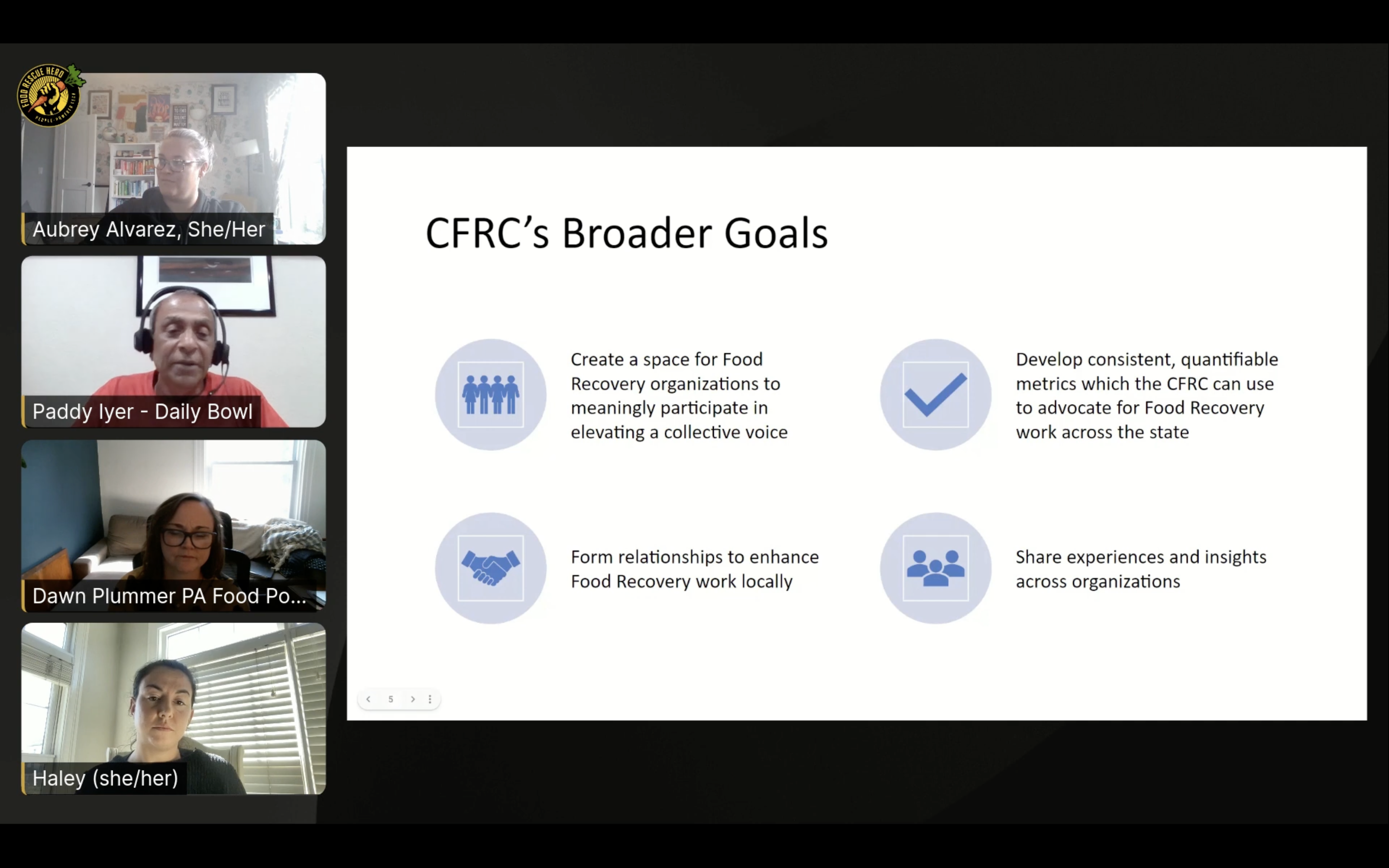
Keynote - The ROI of Food Rescue
Ask anyone how much money is invested in ending food waste, and they’ll show you a chart looking at recycling, upcycling, composting, and other business ventures. Meanwhile, dollars going into food recovery are considered charitable giving.
It’s time to turn that narrative upside down. Jen England from Food Rescue Hero delivered this year’s Keynote Presentation, diving into how dollars invested into food recovery have real, tangible impact on social spending, mitigating the costs of both climate change and hunger. She champions that changing the narrative of how we talk about food recovery demonstrates its value as a multinodal solution to many pressing, and expensive, issues, and that funding food recovery is a smart investment providing significantly more return on investment than single-issue solutions.
Sponsors
Our collaborative community keeps growing and we feel gratified to have so many amazing companies and organizations contributed to the overwhelming success of this event, including Giant Eagle, Duolingo, UPMC Health Plan, PNC, Cigna, and Eat ‘n Park Hospitality Group; and in-kind sponsors Angry Orchard, Upcycled Foods, Poetica Marketing, Hop Farm Brewing, Bash Brew, and Lobos Management.
We’re inspired, recharged, and ready to make greater impact together by feeding more people, not landfills.
